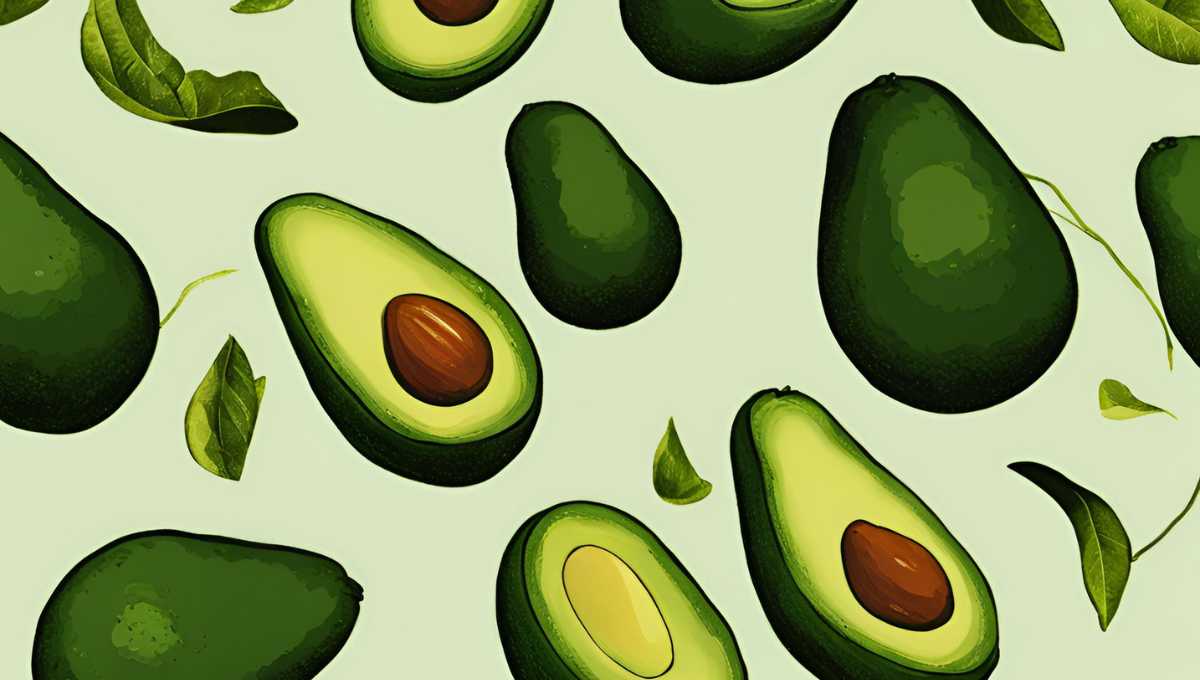There are different dog breeds in the world. One of them is the German Shepherd which is one dog breed which is really great among the dog types. If you are thinking of adding a companion or already own one. Want to know about What’s The Average Weight of a German Shepherd? Here is Full information for you.
German Shepherd average weight range
German Shepherds fall into the medium to large category breed. Many factors can influence their weight including age, sex, genetics and health status. Here’s a general breakdown:
In This Post
ToggleMale German Shepherd: Average male weight is 65–90 pounds (29–41 kg).
Female German Shepherds: Typically smaller, weighing 50–70 pounds (22–32 kg)
The mentioned weights are for healthy adult German Shepherds. Because of growth stages or age-based weight variability, puppies and senior dogs are naturally supposed to weigh under this range.
| Age Group | Male (kg) | Male (lbs) | Female (kg) | Female (lbs) |
| Puppy (8 weeks) | 6–9 | 13–20 | 5–8 | 11–18 |
| Puppy (6 months) | 20–27 | 44–60 | 17–22 | 37–49 |
| Adult (1–2 years) | 30–40 | 66–88 | 22–32 | 49–71 |
| Fully Grown (2+ years) | 34–43 | 75–95 | 27–36 | 59–79 |
When do German Shepherds stop growing?
German shepherds usually reach their adult height and length around the 18- to 24-month mark. but their growth will vary slightly in rate and timing based on genetics, nutrition, and gender. Inspired by the stages of the biggest growth hack we’ve seen, here’s a satin on their growth stages.
The Growth Stage of German Shepherds
Puppyhood (Birth to 6 months)
- Puppies hit 70–80% of their adult size at six months.
- Their skeletal frame develops and muscle begins to build.
Adolescence (6 to 12 months)
- Growth slows, but they still grow taller and longer slowly.
- This is also when most German Shepherds will achieve their full height (22-26 inches).
Young Adulthood (12 month – 24 month)
- Although their height and skeletal system is generally complete by 18 months, their bodies will continue to fill out, developing muscle and chest width.
- Male German Shepherds Typically take longer to mature than females
Maturity (2 years and beyond)
- Most German Shepherds reach their adult weight (50-90 pounds) and full size by two years old.
- Others may still be gaining a little muscle tone and maturity until about 3 years.
Factors Influencing Growth
Genetics: Growth rates may be influenced by pedigree and breed lines. Larger German Shepherds might take longer to reach full maturity.
Nutrition: Proper nutrition in puppyhood is essential for the development of bones and muscles. Overfeeding causes problems, such as obesity or stress on the joints, and should be avoided.
What To Feed a German Shepherd
It is important to feed a German Shepherd as it plays a significant part in their health, energy, and well-being. Here’s guidance for selecting the diet for you:
Commercial Dog Food
Select a premium quality dry or wet dog food designed for large-breed dogs. Seek out brands that comply with AAFCO (Association of American Feed Control Officials) standards for a complete and balanced diet.
Protein: Since German Shepherds are active, muscular dogs, protein should be a main ingredient (like chicken, lamb, fish, or beef).
Fat: Beneficial fats (such as omega-3 and omega-6 fatty acids) help promote skin, coat, and energy levels.
Carbohydrates: Whole grains or starchy vegetables, such as brown rice, sweet potatoes or carrots, give the body the energy it needs.
Raw Diet
Raw diet can be an option. It contains raw meat, bones and organs, in addition to vegetables and supplements. Examples:
- Raw chicken or turkey (bones for calcium too)
- Beef liver and kidneys
- Greens, carrots, or squash
- Fish like salmon (boneless)
⚠️ A raw diet should be structured to include balanced nutrients, so speak to a vet to make sure your dog is getting the right food.
Home-Cooked Meals
If you want to cook for your dog, make sure you include:
- Protein: Turkey, chicken, or beef (lean)
- Carbs: Quinoa, oatmeal, lemon potatoes.
- Vegetables: Whole green beans, carrots, spinach
- Good Fats: Fish oil, coconut oil
- Calcium: Crumbled eggshells or plain yogurt.
⚠️Always double check anything with a vet/canine nutritionist to prevent deficiencies.
Treats and Snacks
Rewards should be less than 10% of total calories consumed daily.Using natural treats such as cooked chicken, carrots, or treats made for large breeds.
Foods to Avoid
Some of the toxic foods: Chocolate, onions, garlic, grapes, raisins, and xylitol (artificial sweetener).
Han Fatty: Greasy or fat-fried food can lead to pancreatitis.
Bones: Cooked bones can break into sharp pieces and hurt the insides.
Raw Fish: May carry parasites unless previously frozen.
Here is another content about







